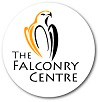If you have found a sick or injured bird of prey, please telephone us on 01562 700014 during our opening times, or use the Out of Hours emergency contact number 07881 106608*, and we will advise you on what to do.
* Emergency use only. Not to be used to book bird handling experiences or for general enquiries. Please see our Contact Us page for how to get in touch with us.
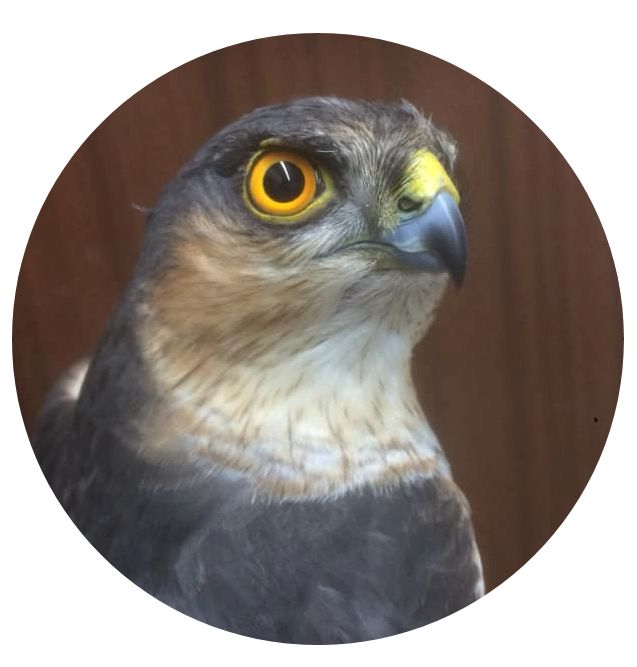
Each year we have approximately 50 injured wild birds of prey brought into us. By law, these wild birds are not allowed on display to the public. They are kept in our hospital unit, or in off-show aviaries. When they are fit and healthy, they are returned to the wild as soon as possible.
Over the years we have successfully rehabilitated many birds, including Kestrels, Hobbies, Merlins, Peregrines, Buzzards, Sparrowhawks, Goshawks, Tawny Owls, Barn Owls, Little Owls and Short-eared Owls.
The birds are brought to us for a variety of reasons, such as injuries from flying into windows or being hit by cars, but by far the most common reason is a young bird of prey that cannot fend for itself through the winter. The birds are brought to us by members of the public, vets and the RSPCA.
We are able to deal with most of the common injuries ourselves but those birds which need special or surgical attention are taken to a specialist avian vet.
Unfortunately we are not often able to offer a “rescue service” where we come and collect the bird. If you do find an injured bird of prey you can telephone us on 01562 700014. If we are closed, you can use our emergency out of hours number at the top of this page and we will advise you on what to do. We will care for any bird of prey brought into us and we will return it to the wild as soon as possible. For a local rescue service (North Worcestershire) for all wild birds (and other animals) please contact Worcestershire Wildlife Rescue or Vale Wildlife Rescue.
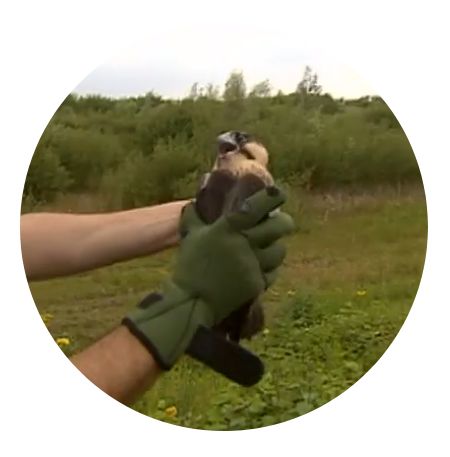
Success Story: Young Peregrine
This juvenile falcon had been blown out of his nest in high winds. Too young to fly, he was brought in to us for careful rehabilitation – we did not want him to get used to people at such a young age – and once able to fly, he was returned close to the nest site. As he flew towards the nest, one of the parent falcons flew out to meet him and they returned to the nest together! The release was filmed and broadcast on the local BBC News.
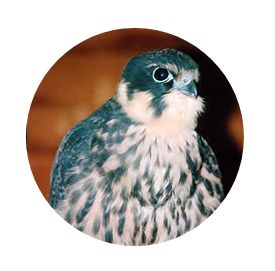
Success Story: Hobbies
Three Hobbies were brought to us, suffering from exhaustion and hunger. They were unfit to make their winter migration flight to Africa, but after nursing them back to health they were then given a helping hand on a Jumbo Jet to a rehabilitation centre in Gibraltar. There, they were returned to the wild, and they then completed their brief flight across to Southern Africa under their own steam where, hopefully, they spent the winter before their migratory return to the UK.
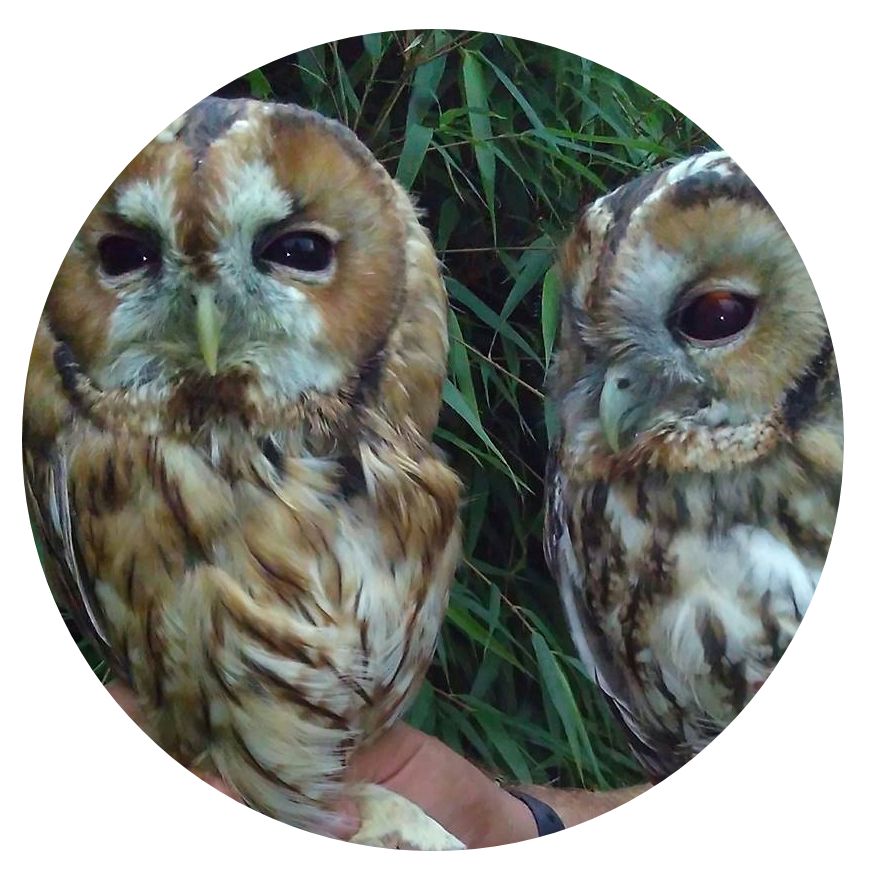
Success Stories: Tawny Owls
The Tawny Owl is the most common species of owl in the UK and the one we see brought in to us most often. These two Tawny Owls were brought in separately – one had been clipped by a car, the other had flown into a window – both were nursed back to health and then successfully returned to the wild.
Support Our Rehabilitation Work by Making a Donation or by Sponsoring a Bird
By sponsoring one of the resident birds housed here at The Falconry Centre you are helping us to pay to feed the bird through the year. This allows us to free up funds to help maintain the centre and allow us to rehabilitate injured wild birds of prey that are brought into us. It’s a great way to support our work and receive a whole host of treats too – including a photograph of your sponsored bird, a certificate of sponsorship, fact card about your bird and even free entry tickets to come and visit us! One off donations are of course also welcome which go directly to our valuable rehabilitation, conservation and education work. For more information, please visit our How to Support Us page.
Bird Ringing Scheme
We are very pleased to work closely with the local representative of the British Trust for Ornithology’s Bird Ringing Scheme. When a wild bird of prey brought to us has been assessed as being fit for release, before doing so, the bird is fitted with a leg ring. This is completely painless and does not affect the bird’s ability to fly or hunt in the wild. It is done for monitoring purposes; bird ringing generates information on the survival, productivity and movements of birds, helping scientists and conservationists to understand why populations are changing in particular with regard to the decline of some species. It lets us know what happens to the bird if it is ever picked up again and feeds into data on survival rates of these wild species. For more information about the British Trust for Ornithology and the Bird Ringing Scheme, please Click Here to Visit The BTO Website.
